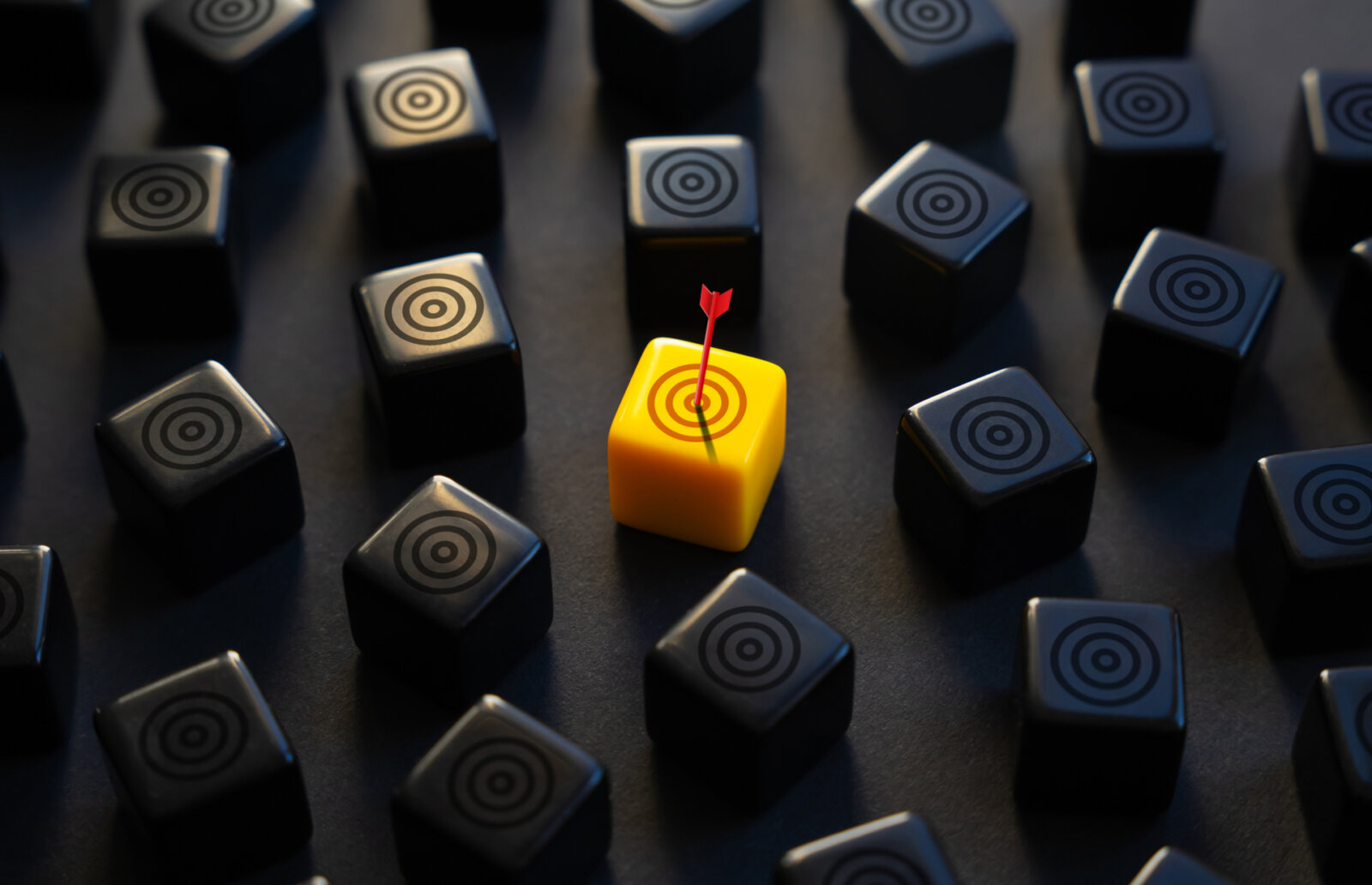Trademarks

A trademark, trade mark or trade-mark is a distinctive sign or indication used by an individual or a legal entity to identify that the products or services with which the trademark appears originate from a unique source. It serves to distinguish its products or services from those of other entities.
A trademark may be designated by the following symbols:
- ™ for an unregistered trademark, that is, a trademark application or a trademark being used to promote or brand goods without seeking its registration
- ® for a registered trademark.
A trademark is typically a name, a word, a phrase, a logo, a symbol, a design, an image, or a combination of two or more of these elements. There is also a range of non-conventional trademarks comprising marks which do not fall into these standard categories, such as those based on color, smell, sound, moving objects, etc...
A trademark must be available (no earlier conflicting rights) and be capable of distinguishing the products and/or services… A trademark application will not proceed to registration if the trademark is devoid of distinctive character, if the trademark consists exclusively of signs or indications which may serve, in trade, to designate the kind, quality, quantity, intended purpose, value, geographical origin or the time of production of the goods or of rendering of the service, or other characteristics of the products or service, or if the trademark consists exclusively of signs or indications which have become customary in the current language or in the bona fide and established practices of trade.
It shall not be registered either upon opposition by the proprietor of an earlier trademark, if it is identical with the earlier trademark and the goods or services for which registration is applied for are identical with the products or services for which the earlier trademark is protected, if there exists a likelihood of confusion on the part of the public in the territory in which the earlier trademark is protected, or if it is identical with or similar to the earlier trademark with reputation and where the use without due cause of the trademark applied for would take unfair advantage of, or be detrimental to, the distinctive character or the repute of the earlier trademark.
The owner of a registered trademark may commence legal proceedings for trademark infringement to prevent unauthorized use of that trademark. However, in some countries unregistered rights in a sign may also be enforced. These are often known as 'common law' rights. An unregistered sign is usually only protected within the geographical area within which it has been used or in geographical areas into which it may be reasonably expected to expand.
Unauthorized use of a trademark is amongst others the use, without consent, of the same or a similar trademark for identical or similar products and/or services as those for which the trademark is protected and there exists a likelihood of confusion amongst the consumers as regards the origin of the products and/or services.
- As Benelux and European Trademark attorneys we offer services for filing, prosecution and administration of Benelux, CTM-European Union, French, UK and International trademarks.
- We also carry out searches and if needed more detailed analyses in relation to third party trademarks.
- We can help you design the best possible strategy for developing or structuring your Trademark portfolio.
- We also offer all services in relation to litigation of your Trademarks. We often act as experts in Trademark court proceedings.

